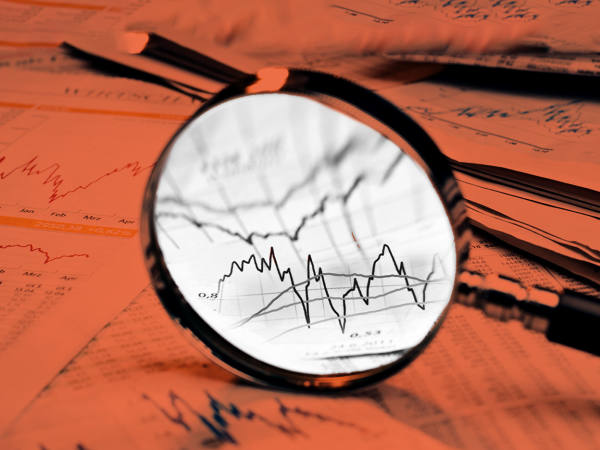- Is the war an either/or situation for markets?
- TL;DR – probably not
- Lots of idea-generating content
Last week, just as two ominous market signals started to flash, this column urged investors to focus on the long-term.
“Over the time horizons that truly matter to most investors (which is to say lengthy ones), market timing is almost impossible,” it concluded. “Recessions are the price for growth most of the time.”
But just as it’s best not to think too highly of our ability to make perfectly timed market calls, investors should always remember that their conception of probable outcomes is limited, too.
Of course, we have little choice but to extrapolate from the past, and what we know about the way humans organise themselves. If we didn’t, most of life’s decisions would feel entirely random.
But sometimes, the smartest thing to do is to abandon hopes of clairvoyance. It’s not for nothing that the Oxford Dictionary of Philosophy describes futurology as “mainly a pseudo-science, given the complexities of social, political, economic, technological, and natural factors”.
Take the war in Ukraine and its implications for the global economy and markets.
Initially, the shock of Russia’s invasion led to a sell-off in equities and a flight to safe-haven assets. Now, six weeks into the conflict, investors’ concerns have centred on its amplifying effects on inflation and what this does to economic demand.
What comes next? While we hope and pray for peace, investors must focus on realpolitik. And here – to borrow from our increasingly militarised parlance – the situation remains fluid.
This hasn’t stopped some financial commentators from assigning probability to the fog of war.
“From a macroeconomic standpoint, the outcome from the current events is likely to be a binary one,” says Fabiana Fedeli, chief investment officer for equities and multi-asset at M&G Investments.
“Either the conflict persists and the related sanctions stay in place for the foreseeable future, or we have an early resolution,” she adds. “If the conflict persists, we may be facing an inflationary spiral, which could weigh on the global economy – with elevated raw material prices feeding through the supply chain and curbing demand.”
In a very literal sense, the war is a binary event, in that it will either stop or continue. But to frame its impact on market outcomes as an either-or scenario downplays the enormous complexity and unknowability of the present moment.
Fedeli’s shift in language – from “likely” to “may” to “could” – implicitly highlights this uncertainty.
What, for example, would an “early resolution” even look like? Would this really help return the inflationary genie to its bottle? If a sanctions reprieve was used as a bargaining chip in peace talks, is this likely to change Europe’s avowed shift in energy policy away from Russian hydrocarbons? And what happens if Putin supporter Marine le Pen wins the French presidency later this month?
Beyond this, how should we think of all the other secondary order effects of the crisis? Big importers of Ukrainian wheat like Egypt may matter even less than Russia to capital markets, but the country could start to matter a great deal more to the global economy if food shortages and price hikes spill over into social or political unrest.
Fedeli may be right when she argues that markets have become “far too complacent” in the face of growing economic and geopolitical risks. But it doesn’t mean that the scale of those risks can be defined with any clarity right now.










